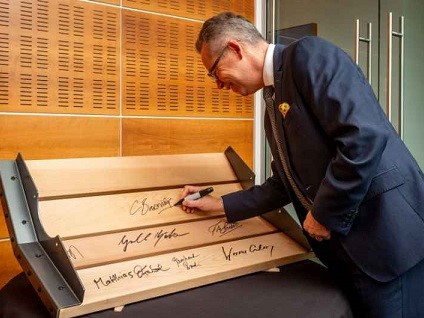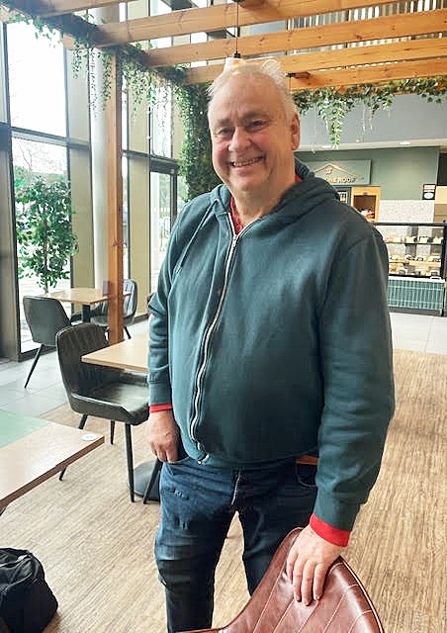Ahead of Shrove Tuesday, Severn Trent is asking customers to help avoid any sewer blockages by binning leftover food waste rather than putting it down the drain.
Severn Trent’s sewer blockages lead, Grant Mitchell, explains: “Pancake batter and leftover food can cause a real flipping problem if it’s washed down the drain. Just like fat, oil and grease (commonly known as FOG), food waste quickly hardens once it reaches the pipes and can attach to other unflushable items, such as wet wipes and sanitary products, to create a blockage or even a fatberg, which is something nobody would wish to experience.
“So rather than tossing any remaining batter and toppings down the sink, we’re encouraging people to collect any leftovers in a container and throw it in the bin once cooled and use kitchen roll to wipe down pans and plates before washing them or putting them in the dishwasher. We completely understand that disposing of FOG and other food waste can sometimes be tricky, but a couple of small changes can make a big difference when it comes to reducing the chance of a blockage.” The company clears thousands of blockages each year, with around 70% being caused by the wrong things being put down the sink and toilet.
Grant added: “Many customers may not realise that they are responsible for the waste pipe running away from their home up until it either crosses the property boundary or meets with another waste pipe or sewer. Unblocking or repairing this section of pipe can be costly, but completely avoidable if you’re careful about what you put down your toilet and sink. It doesn’t take much to cause a blockage, but by binning FOG and food waste, rather than blocking drains and sewers, customers can make sure that a blockage doesn’t crêpe up on them.”

















